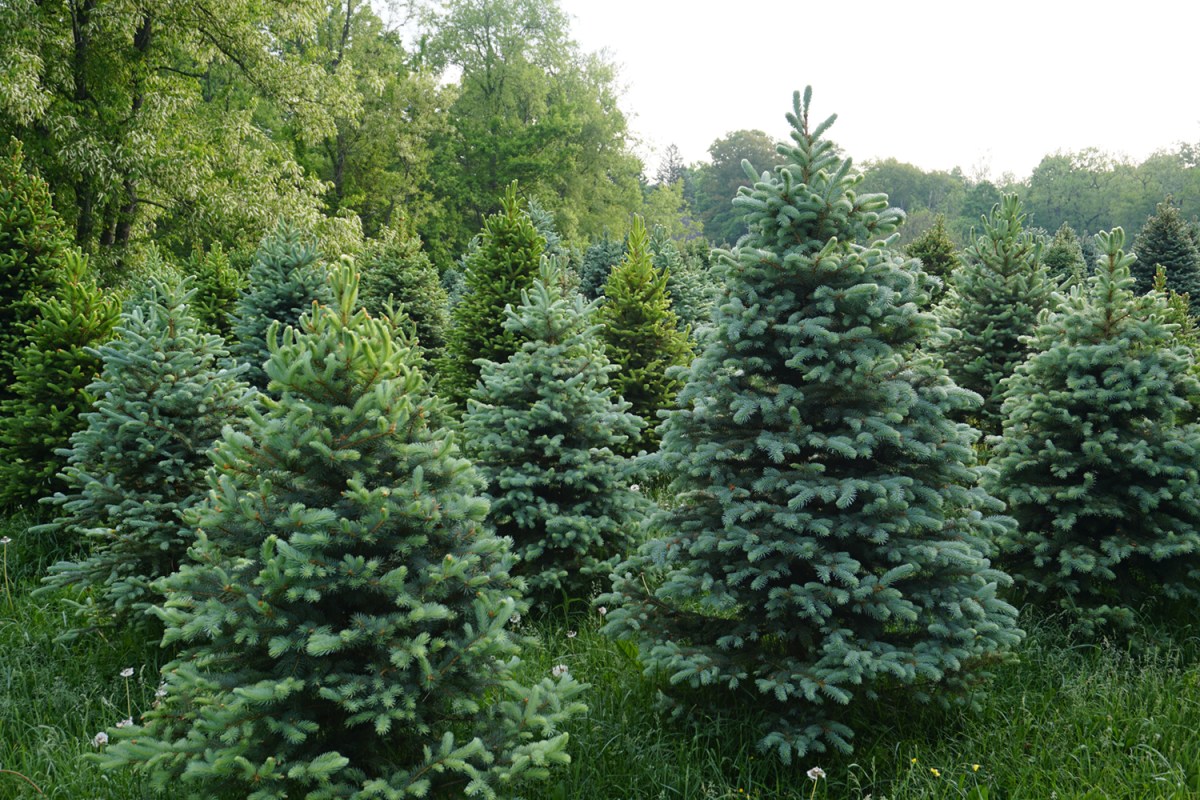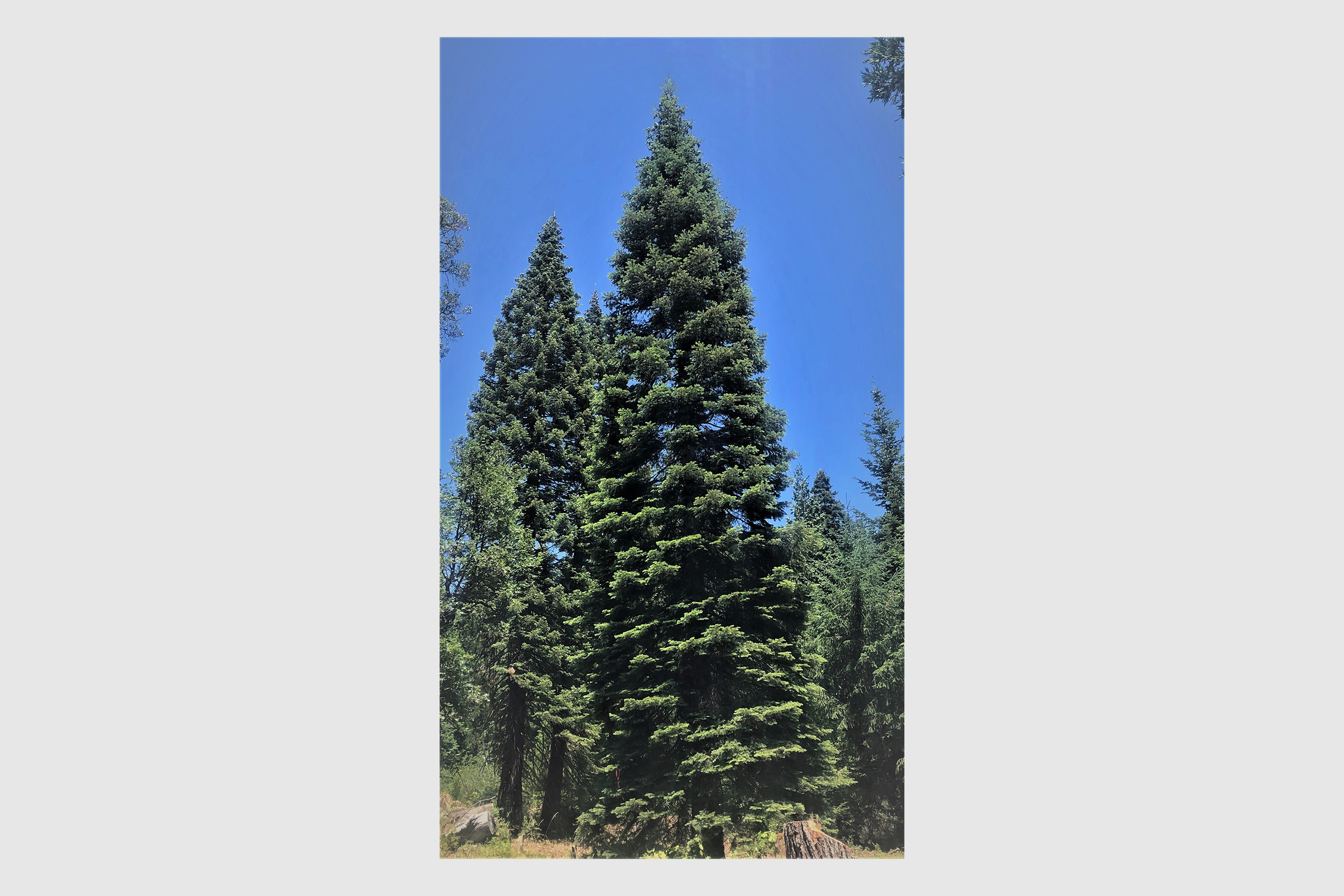We all know that Christmas trees are wasteful. Every year, come Dec. 26, the streets begin to fill up with countless discarded trees that largely end up in landfills, where they release carbon dioxide and methane into the atmosphere. But fake trees aren’t much better; though purchasing one means you’re not sacrificing an actual living tree for your holiday decorations, an artificial tree actually has a higher carbon footprint than a real one. So what to do if you want to be festive and environmentally friendly at the same time?
As The Independent points out, a company in London has a new solution: rentable Christmas trees that go back in the ground when we’re done with them. London Christmas Tree Rental, founded by Catherine Loveless and Jonathan Mearns, has proven so popular that they’re already sold out for 2021. For £55 plus a £20 deposit, customers get to keep a potted Christmas tree for three weeks. After the rental period is over, the trees are collected and replanted. If you’re so inclined, you can rent the same tree year after year.
“It’s brilliant how people have engaged with it,” Loveless told the publication. “Most don’t realize you can rent a Christmas tree, it’s a relatively new concept.We really encourage customers to think of the tree as a member of the family. Christmas is a time of tradition, and it becomes a tradition to welcome the tree back in.”
Renting a tree is the best option from an eco-friendly standpoint, according to Darran Messem, managing director of certification at the Carbon Trust. “A real pine or fir tree naturally absorbs CO2 and releases oxygen,” he explained. “The best thing you can do at Christmas is keep a tree alive and breathing. Disposing of a tree by composting produces CO2 and methane. An artificial tree has a higher carbon footprint than a natural one because of the energy-intensive production processes involved. By far the best option is a potted tree which, with care, can be replanted after the festive season and reused year after year.”
If you’re unable to rent a tree this year, there are still better options than leaving it to sit in a landfill. Having it chipped and using the woodchips on your garden or burning it in a bonfire will reduce its carbon footprint significantly.
Thanks for reading InsideHook. Sign up for our daily newsletter and be in the know.


















